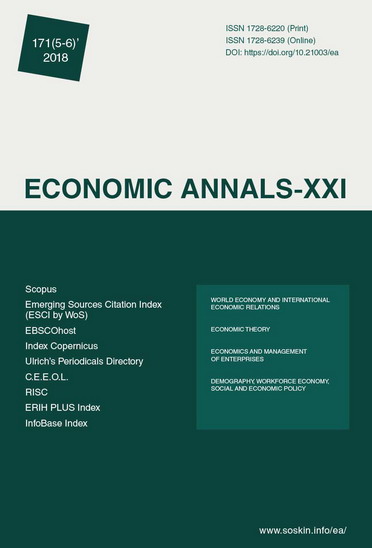Antitrust regulation by OECD standards in Kazakhstan
Antitrust regulation by OECD standards in Kazakhstan
Author(s): Sultan AkhmetSubject(s): Economy, Law on Economics, Socio-Economic Research
Published by: Institute of Society Transformation
Keywords: Antitrust Legislation; Antitrust Regulation; Antitrust Authority; Dominant Position; Fixed Prices; Investigation; Cartel; Merger;
Summary/Abstract: The article deals with issues and challenges related to the antitrust regulation in the Republic of Kazakhstan. The Government has set ambitious tasks for itself to be counted among developed countries with a stable level of economic development. Given market conditions, effective economic development depends on the level of competition within the country. In this regard, a large-scale reform of Kazakhstan’s antimonopoly policy has been carried out in order to bring it in line with the best global practices, following the recommendations of the OECD and the World Bank. The main goal of this reform is to increase the effectiveness of antimonopoly legislation with the aim of facilitating business in an atmosphere of healthy competition. This is why the author focuses on the analysis of the reforms carried out in 2015-2016. The present research enables us to analyse the positive and the negative sides of the implemented reform of the antitrust regulation in the Republic of Kazakhstan. It can be seen from this research that the abolition of state registry of dominant players has lead to more than 1,150 market entities being free from the burden. Additionally, the introduction of cautioning and notification institutions has allowed more than hundred firms to escape from the investigations. Furthermore, the introduction collegiate body reduced the burden of labour on both the judicial system and economic actors. As a result of focusing on struggle against cartels, five cartels were identified in 2016 and 2017. It is concluded that the reform has positively impacted the business environment. However, several problems have been identified which should be solved in the future. The results of the research can be useful for developing countries that focus on the improvement of antitrust regulation.
Journal: Економічний часопис - ХХІ
- Issue Year: 171/2018
- Issue No: 5-6
- Page Range: 15-18
- Page Count: 4
- Language: English

